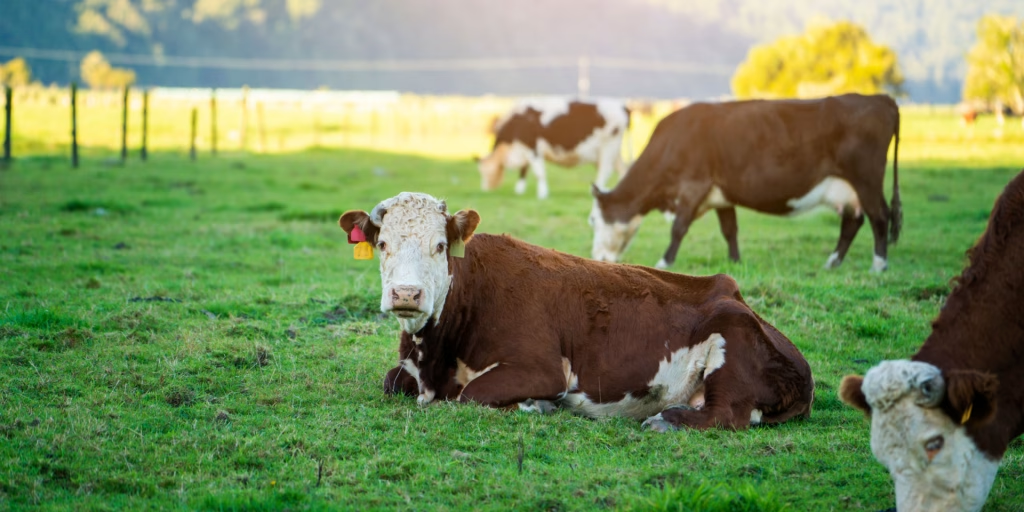
‘I had never dealt with cows before!’
For Natalia Koval, the main challenge of managing a dairy farm in a rural area is not just about being the head of a company, but the head of a family of employees. ‘And,’ she says, ‘it’s very important not to forget that you are a woman.’
Natalia Koval, head and co-founder of Pani Jupiter, a modern dairy farm in the Kharkiv region of Ukraine, entered business at a fairly mature age. “It seems that all my previous experience was aimed at shaping me as a manager,” she says.
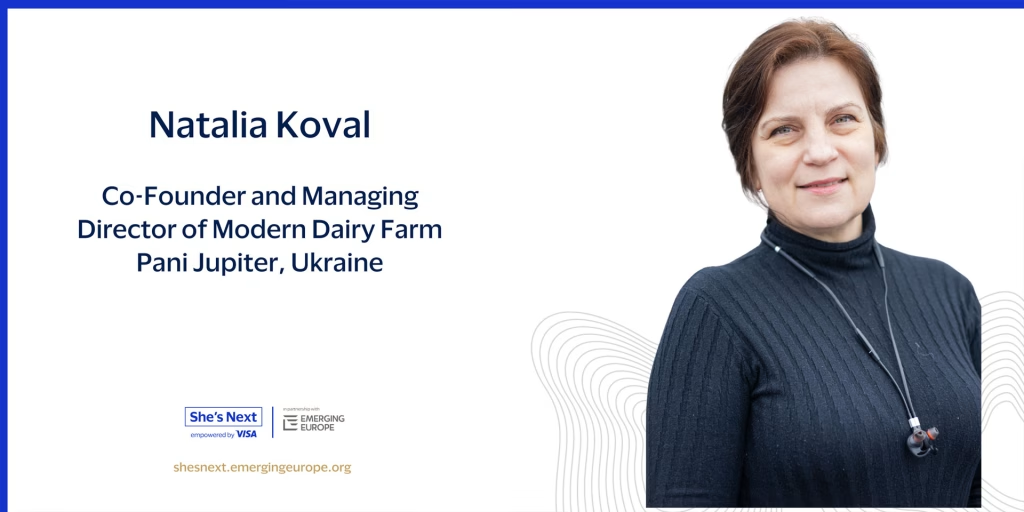
Koval adds that she is proud of the fact that she studied well both at school and at university.
“I graduated both school and university with honours. It’s nice to debunk myths about excellent students who can’t find their place in life. I always liked not the learning process itself, but the chance to learn new things and discover new opportunities. So even now I continue to study whenever possible.”
After graduating from the University of Economics, she worked with the Ukrainian customs service for several years.
“Then I was offered the position of economist at a company where I also mastered accounting. Then there were several years of experience pursuing my own entrepreneurial activity, and again accounting, already at a higher level. During my maternity leave, I quit my job because my husband and I were planning for our second child, but I couldn’t simply stay at home so ended up enrolling in a PhD programme.
“For me, it wasn’t an extraordinary event, but it was for the other PhD students. Everyone wanted to know if it was hard to study so long after finishing university.”
Then the idea of starting a family business—a dairy farm—came up.
Immersion in knowledge
“Initially, we decided that my husband would manage the farm—he had pursued his education at an aviation university and took an MBA before successfully graduating from the veterinary academy—but he was offered another job with attractive pay, so we decided that together we could handle multiple tasks. But soon, helping out with the family business became my main task. My students defended their theses, and I submitted my resignation from the university,” says Koval.
Accounting, organisational issues, supply and distribution of products—Koval says that all of these things were part of her previous life, “but I had never dealt with cows before!”
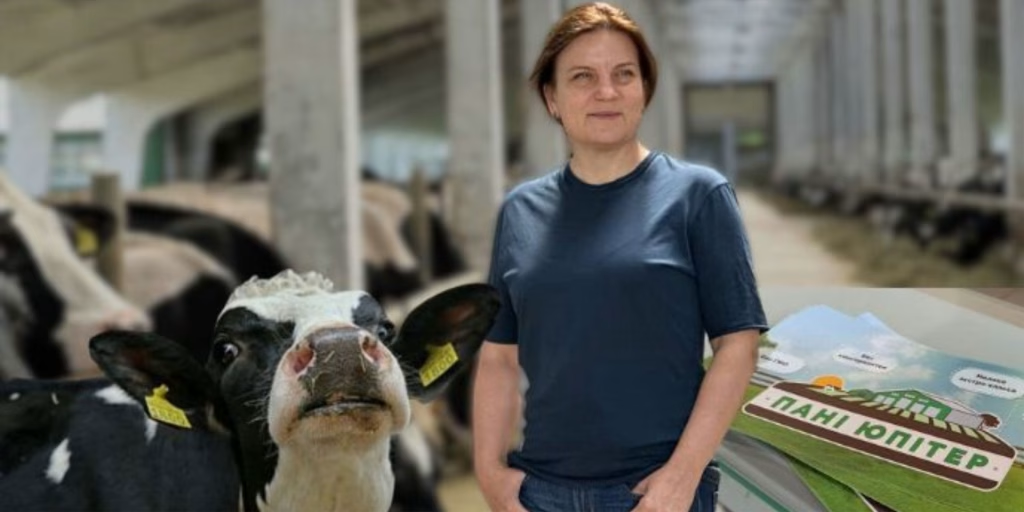
“When we worked with the designers preparing the project for our farm, a lot of questions arose: what technology would we use to keep the cows and calves? Which milking and manure removal technology would we choose?”
Koval says that she is proud to have immersed herself in these issues with the support of her husband and other experts, “but I also processed everything through my own knowledge. As a result, we have a farm where we conduct tours, educational seminars, and training sessions, and have gained the status of a demo farm.”
And Koval is not stopping there.
“We produce extra-grade milk and supply it to large dairy processing enterprises, and have our own workshop for producing dairy products and cheeses. Supported by a grant from USAID AGRO, we opened a school-workshop of confectionery and cheese art, we make delicious baked goods—cakes, cookies and share our experience. We currently have several more projects in reserve, but the situation [Russia’s war on Ukraine] does not allow us to pursue them,” she says.
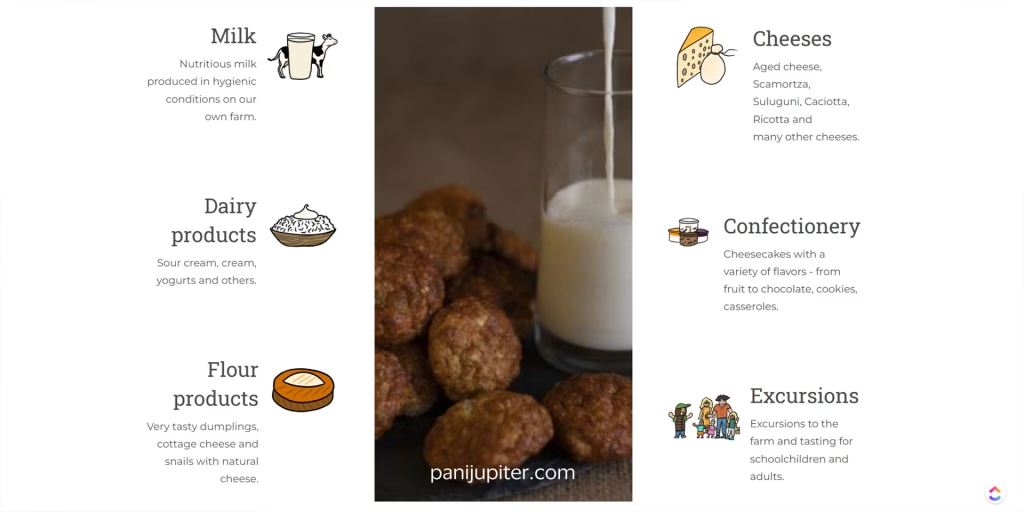
Personal and professional challenges
Challenges prompt development, Koval believes. “The main challenge for me was realising that being a manager in a rural area is not just about being the head of a company, but the head of the family of employees,” she says.
“Over the 10 years of our farm’s operation, we have connected through a kind of umbilical cord with our employees, we are interdependent. For me, it was very important not only to realise this but also to accept it. I am very grateful to those who have supported and helped me over these years. The last two years have been particularly difficult, in conditions of complete uncertainty. We also hope for the best, although it’s hard to imagine how we will survive.”
Being a female head of a farm is not difficult, but interesting, Koval adds.
“The mild surprise in the eyes of other farmers was a challenge, but the male farmers always came to help and offered useful advice. I didn’t try to prove anything to anyone, just did what I thought was necessary, in the way I thought was important. My husband was initially a bit nervous and tried to control all the processes from a distance, but everything grew and developed, so gradually he had the opportunity to focus on other directions. Neighbouring farmers also changed their attitude towards me from protective to respectful, and we now communicate on a level of mutual help and advice.”
Always learning, Koval says that over the past 10 years she has learnt how to keep cows, how to grow and prepare feeds, how to prepare cheeses and dairy products, how to bake goodies.
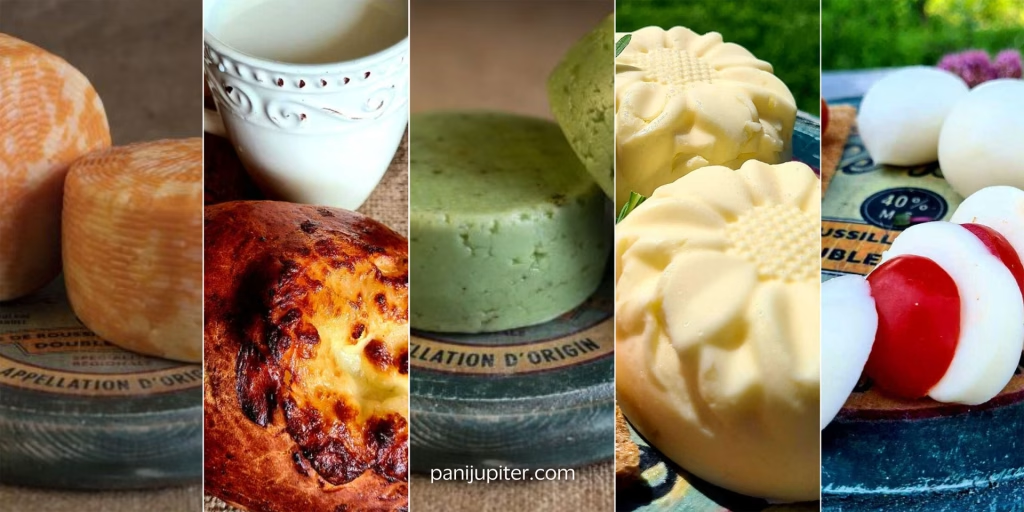
“I intervene in all processes that take place on the farm. Not everyone agrees with this, but thanks to that, even when employees change, we continue to adhere to our principles: to produce only high-quality, natural, safe products without unnecessary additives, preservatives, and antibiotics (in animal husbandry). That’s why our customers return to us again and again.”
Tips for women starting their entrepreneurial journey
For women just starting their entrepreneurial journey, Koval’s main advice is not to be afraid to admit to yourself that you don’t know something. “But do try to find out,” she adds.
“My personal conclusion is that if something needs to be done, you have to immerse yourself in the problem, understand what it involves, find a solution with experts, and control not only the solution but also measures to prevent further problems. It’s really difficult because usually, you just want to call a magician to do everything in the best way and not figure it out yourself,” she says.
“It’s very important not to forget that you are a woman—a daughter, wife, mother, friend—and to switch your communication style when you come home or return to the business environment,” she adds.
But most importantly, Koval recommends dreaming in visual forms. “This is how we build our future and involve like-minded people,” she concludes.
New Free Courses — Made for Ambitious Women Entrepreneurs!
It’s time to grow smarter, adapt faster, and take your business global.
Explore two powerful courses available exclusively to She’s Next members:
The Reinvention Masterclass for Start-up Founders
Beyond Borders: Building for Global Success
Enroll today — it’s free!

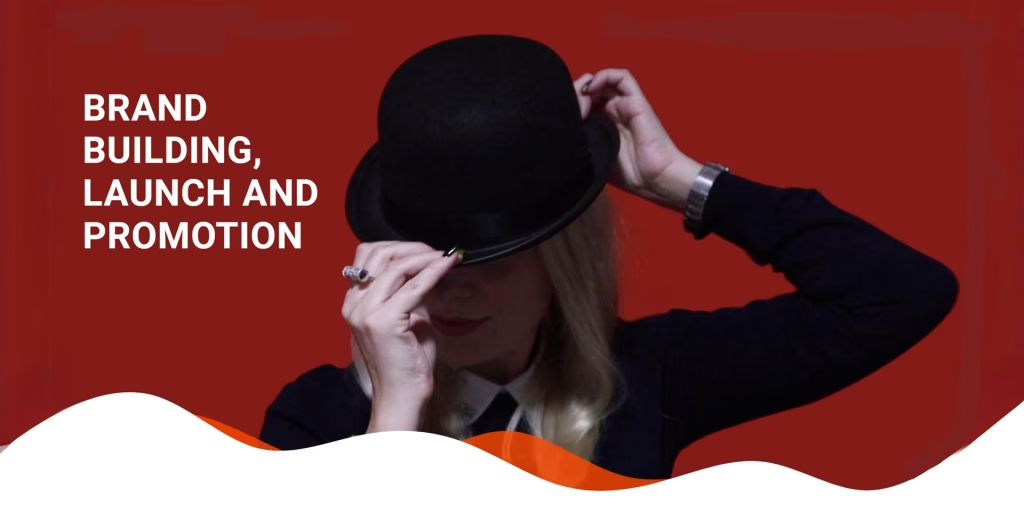
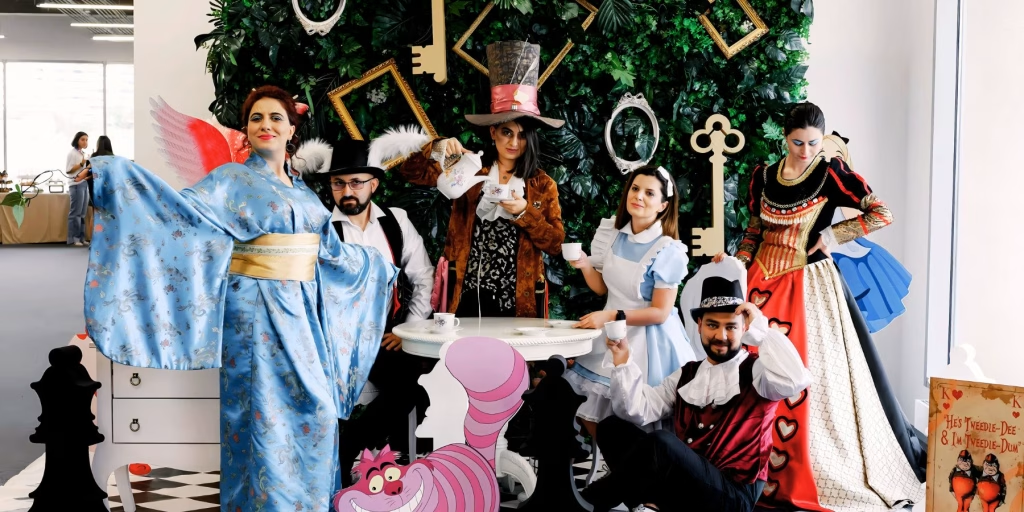


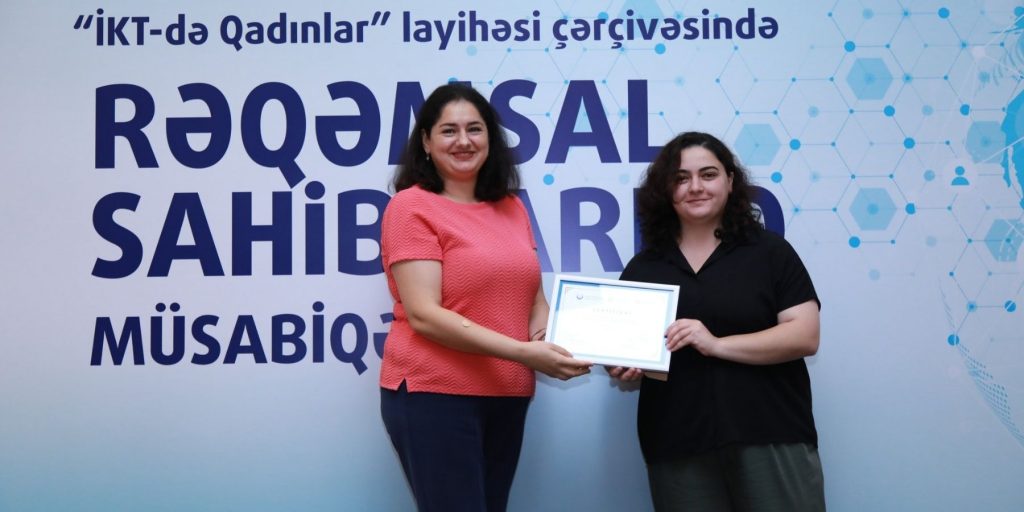
Responses